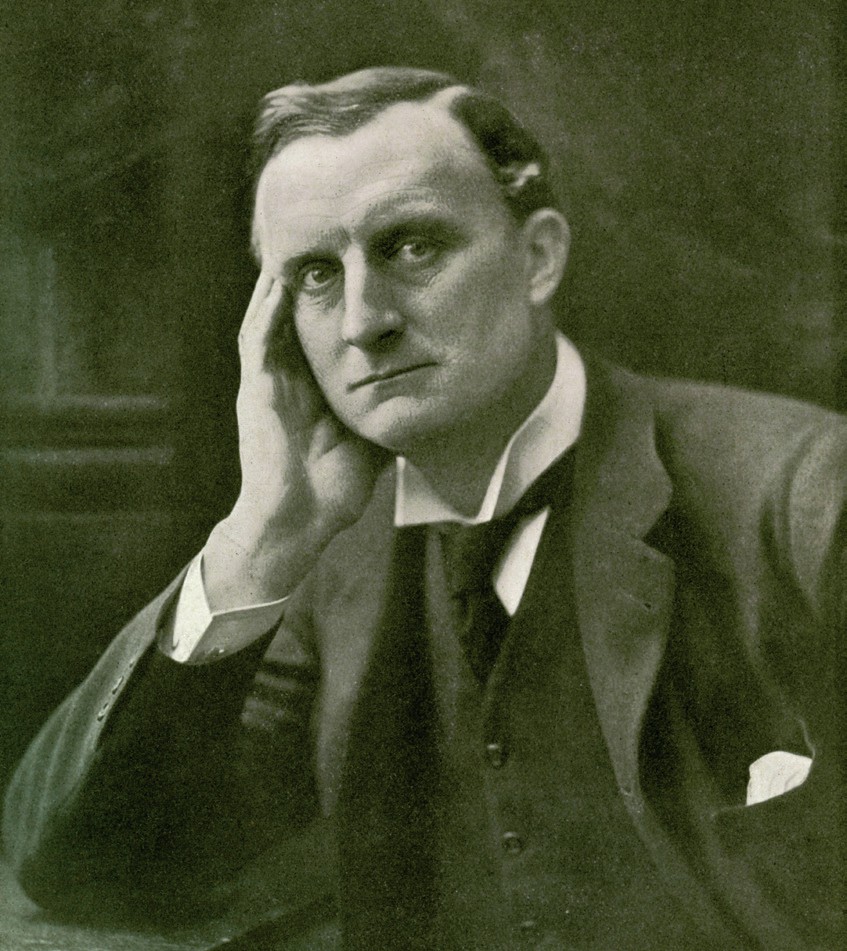
Edward Grey was born into a wealthy, aristocratic political family. His great-great-uncle was Charles Grey, 2nd Earl Grey, prime minister from 1830 to 1834, who was responsible for the Great Reform Act (and for naming a wellknown variety of tea). It was natural that the young Edward Grey would be drawn into politics, despite a rather mixed career at Oxford — he spent much of his time playing real tennis, was at one point suspended for laziness and eventually achieved only a third-class degree. Grey was elected MP for Berwick in 1885, aged only 23 — such were the rewards of wealth and privilege in Victorian England.
Seven years later, he was invited by Gladstone, the great Liberal prime minister, to join his government as under-secretary of state for foreign affairs — a remarkable advance for a man still aged only 30. Incidentally, his real tennis career also flourished during this period — between 1889 and 1898, he was British champion five times and runnerup three times. It is hard to imagine anyone today excelling in sport at national level while working as a government minister.
Your organisation does not have access to this article.
Sign up today to give your students the edge they need to achieve their best grades with subject expertise
Subscribe




